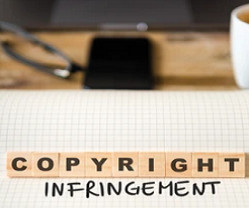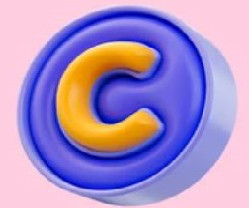California Supreme Court reaffirms strict liability for false advertising in Serova
43(B)log
AUGUST 22, 2022
The statements were “commercial advertising meant to sell a product, and generally there ‘can be no constitutional objection to the suppression of commercial messages that do not accurately inform the public.’” Not all marketing of artistic works is noncommercial speech. There was also no copyright preemption.












Let's personalize your content